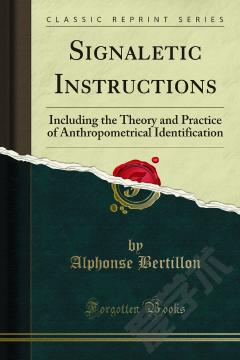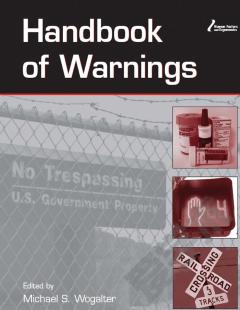Signaletic Instructions
A very considerable portion of the crimes and wrongs which disturb the order of human society result either directly or indirectly from the apparent impossibility of distinguishing in every case and with unerring certainty one individual from another. It is for this reason, especially, that so many of the professional and habitual criminals who abound in every land have hitherto gone unwhipt of justice. Men would be unlikely to render themselves liable to the penalties of the law if they knew that, wherever they might flee, their identity could not fail to be discovered. A sure means of identification would not only have the effect of deterring from crime in general, but would evidently nullify all attempts of whatever kind at a substitution of persons. No impersonations of a pensioner, or a missing heir, or a business man could ever hope to be successful. How much more precious still would such a means of identification be if it could be applied, not only to the living man, but to his dead body, even when crushed, mangled or dismembered beyond the recognition of his near est friends and relatives! The life insurance companies and associations of mutual benevolence, for example. Could not be robbed under cover of the pretended death of the holder of a policy, indicated by the finding of a body resembling his, or unrecognizable by ordinary means on account of mutila tion, fire or decay, but dressed in his clothes and furnished with his papers. Then, too, those who fell in battle, no matter how mutilated they might be, would not need to be buried in nameless graves. But could be recognized and taken, when peace returned, to lie among their own kin.
{{comment.content}}








 京公网安备 11010802027623号
京公网安备 11010802027623号